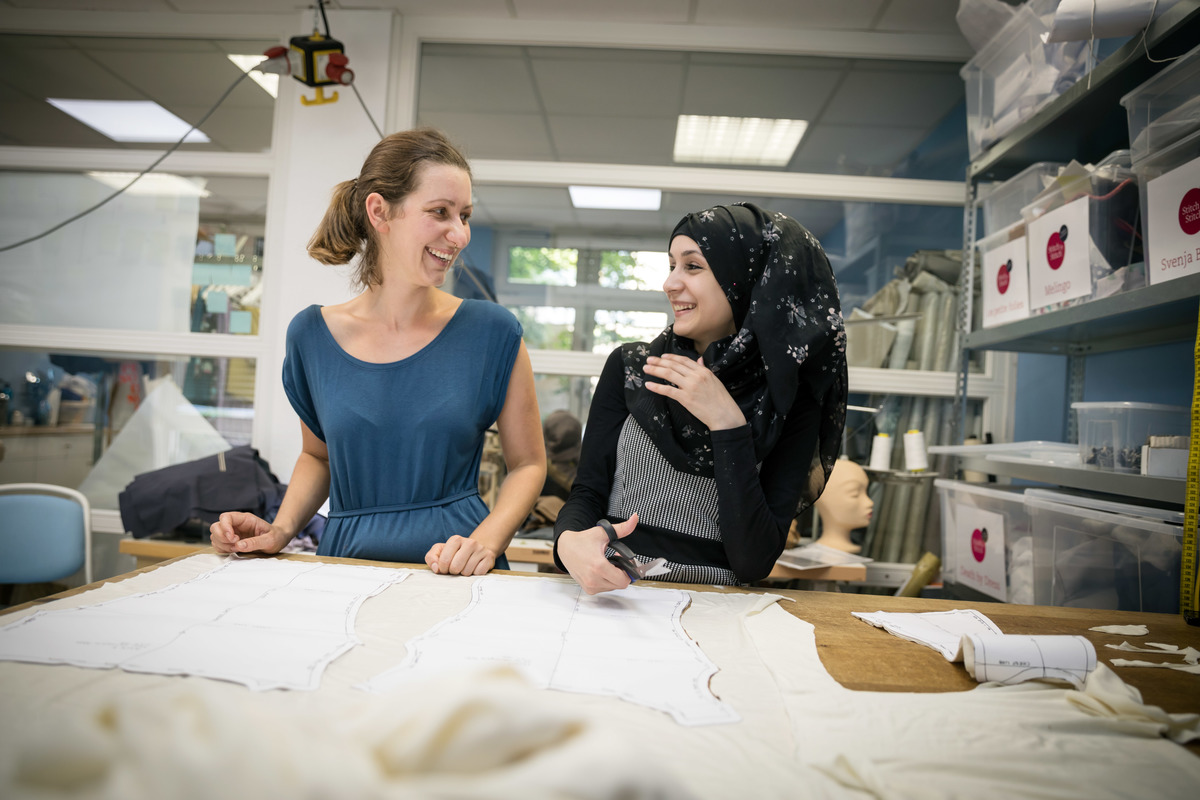UNHCR to help independent Montenegro solve refugee problems
UNHCR to help independent Montenegro solve refugee problems

GENEVA, June 6 (UNHCR) - The UNHCR will continue to help newly independent Montenegro look after thousand of refugees and internally displaced persons (IDPs) and improve its asylum mechanism.
The pledge came during a visit late last week to the Montenegrin capital Podgorica by Udo Janz, deputy director of UNHCR's Europe Bureau. "We will continue to support the government in Montenegro to provide protection and assistance to refugees and IDPs, and in finding durable solutions for these groups," he said.
Janz, who visited Montenegro as part of a week-long swing through the region, added that UNHCR would also work with the government to develop a national asylum system. He noted that the Montenegrin government had approved a draft Asylum Law in May and this must be tabled before parliament for approval. "UNHCR is encouraged by these steps," Janz said.
The Montenegrin parliament declared formal independence last Saturday, following a popular referendum that narrowly voted to split with Serbia. But the fledgling nation is still saddled with the problem of thousands of refugees and IDPs - victims of various Balkan conflicts in the 1990s.
Today, there are more than 8,000 refugees - mainly from Bosnia and Croatia - and nearly 18,000 IDPs in Montenegro. Many need continuing assistance and protection, especially the IDPs from neighbouring Kosovo. Mainly ethnic Serbs or members of the Roma community, they are unable to return home.
In the mid-1990s, Montenegro hosted nearly 30,000 refugees from Bosnia and Croatia. In 1999, during the Kosovo crisis, a further 28,000 IDPs fled to Montenegro, which has a population of just 650,000 people.
The 1995 Dayton Peace Accords, gave UNHCR an important role in finding durable solutions for more than two million refugees and IDPs in the Balkans. Hundreds of thousands have since been repatriated or found new homes in the host countries they fled to, but some 130,000 refugees and 433,000 IDPs remain in south-east Europe.
The governments of Croatia, Bosnia and Serbia and Montenegro agreed in January last year to try and solve their refugee problems by the end of 2006 - either through voluntary repatriation or local integration in the countries of asylum. UNHCR supports them in their goal.









